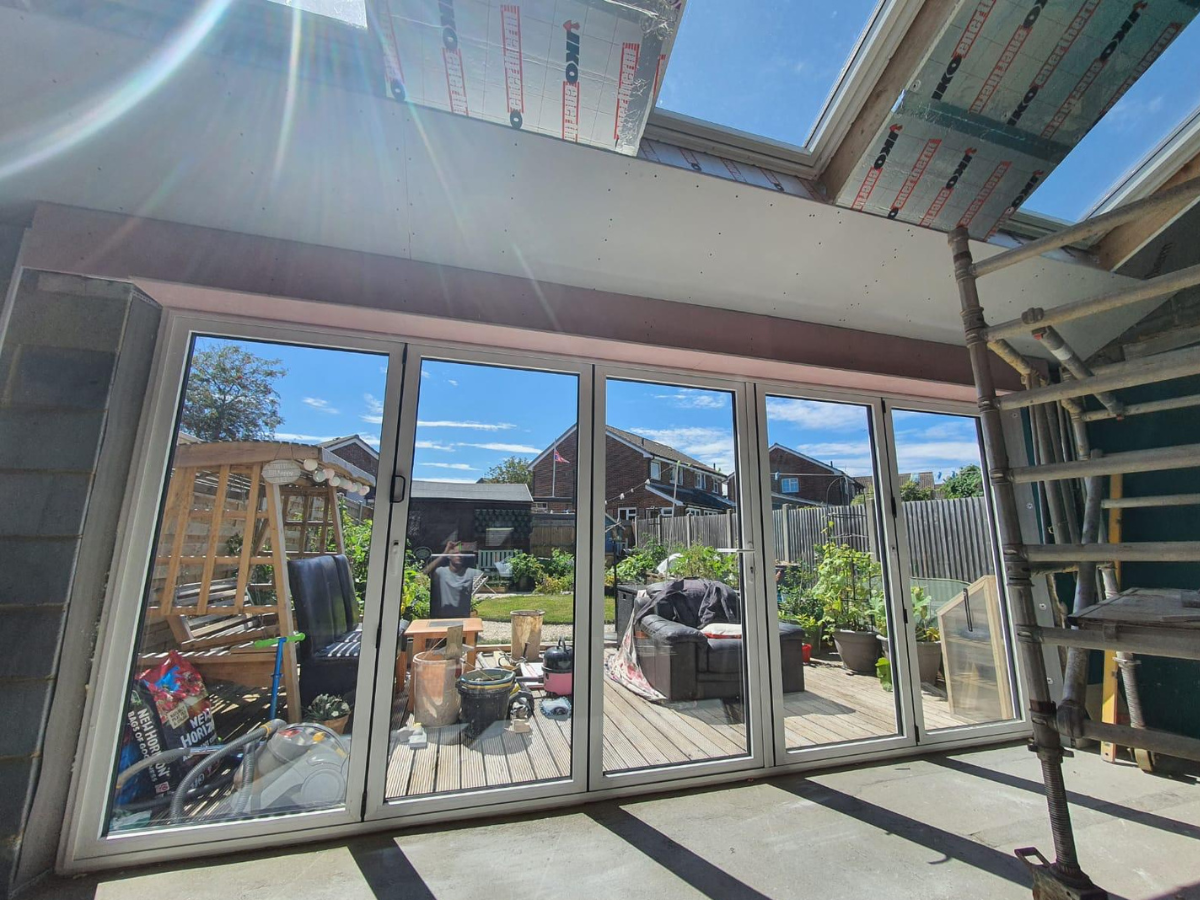DIY vs. Professional Help: When to Call in the Experts
Taking on a home improvement project can be exciting, empowering, and cost-effective—but it’s also full of potential pitfalls. With building costs and labour prices skyrocketing, many homeowners are asking the same question: DIY vs Professional Help: Can I save money by doing it myself? The answer depends on the task, your skills, and how much time and effort you’re willing to invest. In this blog, we’ll break down when it’s worth calling in the experts and where you might be able to roll up your sleeves and go DIY.
The Reality of Rising Costs
Building work has become increasingly expensive. Whether you’re planning an extension, a loft conversion, or a major renovation, the costs can quickly spiral. Labour and material prices are both on the rise, which can make hiring a full-service builder feel out of reach for some homeowners. That’s why many people are exploring other ways to manage their projects and reduce costs.
Project Managing Yourself: A Double-Edged Sword
One way to save money is to act as your own project manager, hiring individual trades like tilers, plasterers, or electricians. While this approach can cut out the builder’s markup, it’s not without its challenges:
- Timing and Scheduling: Construction projects rely on trades working in sequence. Without experience, you might struggle to book the right trades at the right time, causing delays and extending the overall project timeline.
- Coordination: Managing multiple trades means juggling their schedules, handling deliveries, and dealing with unexpected hiccups—all of which can be stressful and time-consuming.
- Legal and Safety Responsibilities: Under the Building Safety Act and CDM (Construction Design and Management) regulations, there must be a competent and responsible principal contractor overseeing the project. If you take on this role, you’ll need to ensure compliance with health and safety laws—which can be daunting without professional knowledge.
The Middle Ground: Hiring a Project Manager
If acting as your own project manager feels overwhelming but you still want to save money, hiring a project manager could be the perfect compromise. A good project manager will:
- Oversee the scheduling and programming of trades to ensure efficiency.
- Handle health and safety compliance.
- Keep the project running smoothly while allowing you to focus on tasks you’re comfortable handling.
While this service comes at a cost, it can save you time, reduce stress, and prevent costly mistakes.
DIY-Friendly Tasks
If you’re confident in your abilities or have help from family and friends, certain tasks are well-suited to DIY:
- Painting and Decorating: With patience and practice, many people can achieve a professional finish.
- Fitting Flooring: Laminate or vinyl flooring, for example, is relatively straightforward to install with the right tools.
- Tiling: If you’re meticulous and prepared to take your time, you might tackle some tiling in areas like splashbacks or small bathrooms.

When to Call in the Experts
Some tasks are better left to qualified professionals, either due to complexity or legal requirements:
- Electrical Work: Any rewiring or new installations must be signed off by a registered electrician.
- Plumbing and Drainage: Poorly installed systems can cause leaks or flooding, so it’s worth investing in a professional.
- Structural Work: Tasks like knocking through walls, adding steel supports, or underpinning require specialist knowledge and precision.
Can You DIY a Kitchen or Bathroom?
If you’re handy and love a challenge, you might consider fitting your own kitchen or bathroom. Many homeowners successfully install units, worktops, and even sinks themselves, leaving the more technical jobs (like plumbing and electrics) to the experts. This hybrid approach can save money while ensuring safety and compliance.
Money-Saving Tips for Homeowners
Here are some practical ways to reduce costs without cutting corners:
- Do the Prep Work: Stripping wallpaper, removing old tiles, or clearing out rooms can save money on labour.
- Reuse and Repurpose: Salvage materials or upcycle furniture to give your home a unique touch on a budget.
- Source Materials Yourself: Buying tiles, paint, or fixtures directly can be cheaper than going through a contractor.
- Focus on Finishes: Let professionals handle the structural and technical work, then take over for the finishing touches.
- Plan Ahead: Careful planning can help you avoid costly changes or delays.
The Bottom Line
Home improvement is a balancing act between budget, time, and expertise. While DIY can save money, it’s essential to know your limits and understand when it’s time to call in the professionals. By combining smart DIY efforts with expert help, you can achieve a high-quality result without breaking the bank.
Whether you’re considering a full renovation or a small upgrade, remember that every project is unique. If you’re unsure about how to proceed, consult a professional to discuss your options and find the best path forward.
Ready to start planning your next project? Contact us today to see how we can help you design your perfect home.


